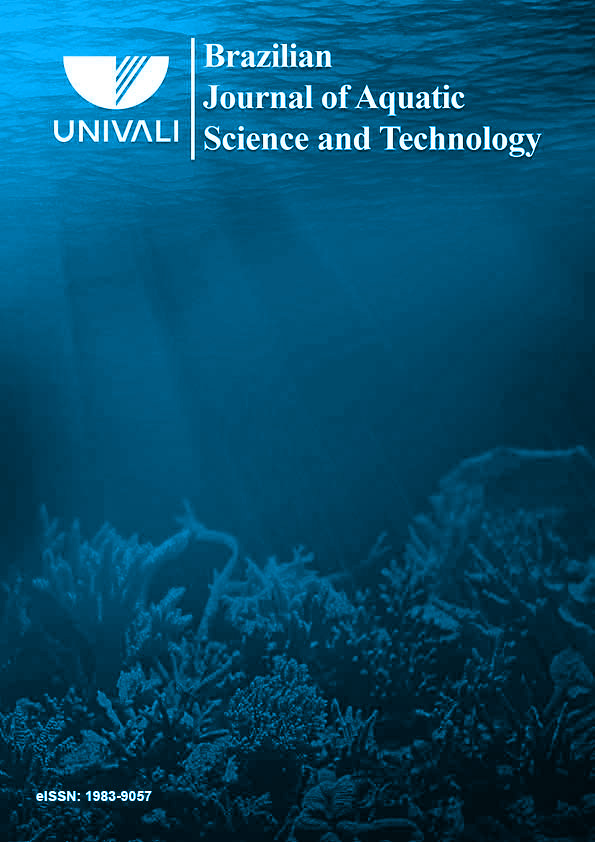

Os projetos de monitoramento de praia são uma importante ferramenta utilizada no licenciamento ambiental para avaliar impactos de diferentes atividades humanas no ambiente costeiro e marinho. Uma das atividades realizadas por estes projetos é o resgate e reabilitação de animais, incluindo os cetáceos. Este estudo analisa os casos de reabilitação de cetáceos feitos pelo Projeto de Monitoramento de Praias da Bacia de Santos (PMP-BS) entre os anos de 2016 a 2019. O PMP-BS percorre diariamente cerca de 2100km de costa ao longo do litoral sudeste-sul brasileiro com a finalidade de registrar tetrápodes marinhos e reabilitar os animais vivos quando possível. No período analisado, foram registrados 4531 encalhes de 27 espécies de cetáceos. A grande maioria correspondeu a animais mortos (99%, n=4482) e apenas 1% (n=49) foram encontrados vivos. Para avaliar os padrões de causas de morte optou-se por utilizar apenas necropsias realizadas em carcaças mais frescas (n=863). As causas de morte antropogênicas foram as mais frequentes (n=270; 93%), estando principalmente ligadas ao sistema respiratório, possivelmente causadas por afogamento derivado de interações com artefatos de pesca. Dos animais encontrados vivos, 36 foram levados para bases de reabilitação, mas 32 acabaram vindo a óbito, a realização de uma eutanásia foi necessária e apenas três espécimes tiveram sucesso na reabilitação e foram reintroduzidos na natureza. A espécie mais frequente foi Pontoporia blainvillei, tanto nos exemplares mortos (n=2178) quanto vivos (n=18). Os resultados obtidos por projetos de monitoramento são importantes devido à sua padronização dos esforços e protocolos de atividades, e servem para direcionar pesquisas de campo dedicadas, destacando o valor dos registros precisos e contínuos de encalhes. Mesmo considerando que a quantidade de animais retornados para o ambiente foi reduzida, o aprendizado com os animais enviados para tratamento é de grande importância para casos de reabilitação futuros.
Palavras-chaves: Encalhes, Cetáceos, Reabilitação, Conservação, Monitoramento.






Ciências Ambientais, Ambientes Aquáticos e Costeiros.
BJAST adota a política de publicação contínua de artigos. Assim, sempre que um manuscrito for aprovado para publicação, estará imediatamente disponível para leitura.

